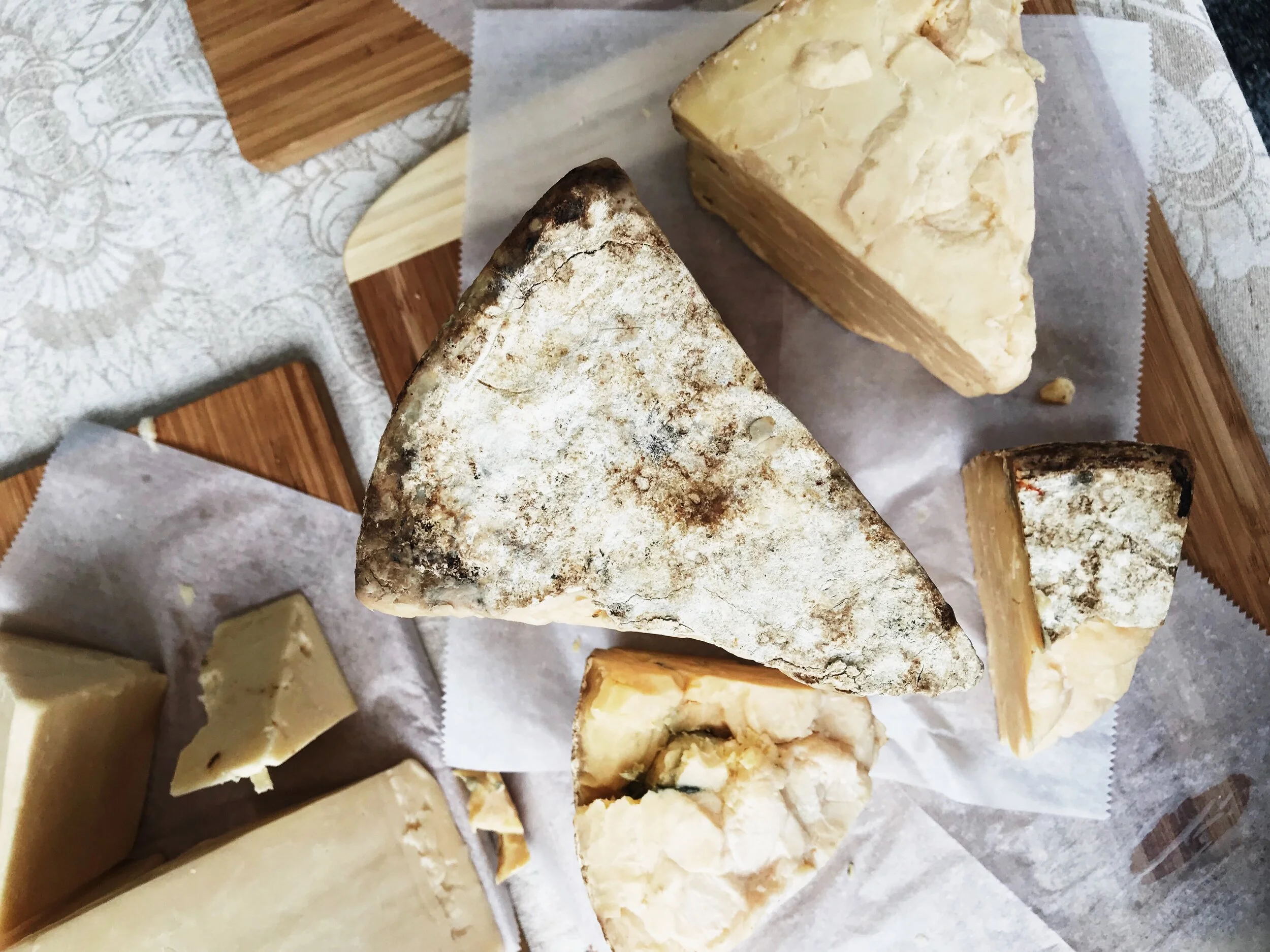Foods that you can eat on a Ketogenic diet
One of the most difficult aspects of a keto diet is knowing what you can and can’t eat. In this article we will outline some keto friendly foods.
Is it all meat and dairy?
Some people see the keto diet as an excuse to eat meat and cheese all day long, but this is neither healthy nor sustainable.
It is important to keep eating vegetables to ensure you are getting the vitamins, nutrients and fiber you need.
Many vegans assume a keto diet needs to be high in meat and dairy, and therefore a keto diet is not for them, this is not true, there are many vegan friendly keto options.
What does net carbs mean? Does fiber count?
If you’re going to start the keto diet, first you need to get the carbs out of your kitchen and replace them with some keto friendly options. But before you throw everything away it is important to first understand the difference between total carbs and net carbs.
While fiber is a type of carbohydrate it isn’t absorbed the same way as normal carbs, therefore it is okay to eat while on a keto diet. Fiber makes you feel full and keeps you regular. Many people report they experience constipation while on a keto diet, this is often because they aren’t consuming adequate levels of fiber. If counting carbs on a keto diet you should count “net carbs”, net carbs is total carbs less fiber.
Below is a list of some low “net carb”, keto friendly foods which you can safely eat to your hearts content.
okay so what can I eat?
Seafood
Seafood is a great source of Omega-3 fatty oils, vitamins and minerals. It is high in protein and low in carbs.
If you are pregnant or concerned about mercury, some fish which are lower in mercury include salmon, tilapia, shrimp, tuna, cod and catfish.
Non-starchy vegetables
Vegetables are a great source of fiber, antioxidants and essential nutrients.
However some starchy vegetables are high in carbs and should therefore be avoided (e.g., potatoes and squash).
Some low carb options include: Bell peppers (capsicum), kale, broccoli, cauliflower, asparagus, mushrooms, zucchini, spinach, lettuce, cucumbers,
brussel sprouts, celery, tomatoes, radishes,
onions, eggplant and cabbage.
Cheese
One of the great things about the keto diet is you can almost eat as much cheese as you want!
Hard cheeses are especially low in carbs, but soft cheeses are fine to eat too.
Cream
That’s right, real full fat cream is also fine to consume on a keto diet!
Just make sure it isn’t sweetened as some of the store-bought whipped creams are sweetened with sugar.
Dark Chocolate
A bit of dark chocolate is generally okay, but read the label as it can differ greatly.
Generally, the very high cocoa content (95% and 99%) chocolates have the least carbs.
Avocados
A whole average avocado weighs around 200 grams and contains 18 grams of carbs. However approximately 14 of these 18 grams are fiber, leaving only 4 grams of net carbs!
Meat
Meat and poultry are great sources of protein, vitamins and minerals.
It is best to eat grass fed meat which is higher in important vitamins and antioxidants than grain fed meat.
Eggs
Eggs are a great source of protein and vitamins.
Most of the nutrients are contained in the yolk of the egg, therefore it is important to eat the whole egg, not just the white.
Nuts and seeds
Nuts and seeds are high fat, low carb foods which are also high in fiber.
Particularly low in net carbs are Brazil nuts, Macadamias, Pecans, Walnuts, Chia seeds and flaxseeds.
Butter and oils
Butter is fine to eat on a keto diet, but best to avoid margarine which often contains preservatives and chemicals.
Olive oil and coconut oil are both excellent sources of fat while on a ketogenic diet.
Berries
Berries are high in fiber and low in net carbs, so unlike most fruit they are okay to consume on a keto diet. They are also a great source of antioxidants.










